If you’re coming to Spain, chances are you’re going to be making stops in either Barcelona or the capital city, Madrid. Madrid is an amazing city with plenty to see, but did you know there are lots of fantastic places to visit just outside the city? With Madrid being in the center of the country (literally), there are some easy and perfect day trips from Madrid, Spain. You’ll just have to choose which one(s) tickle your fancy!
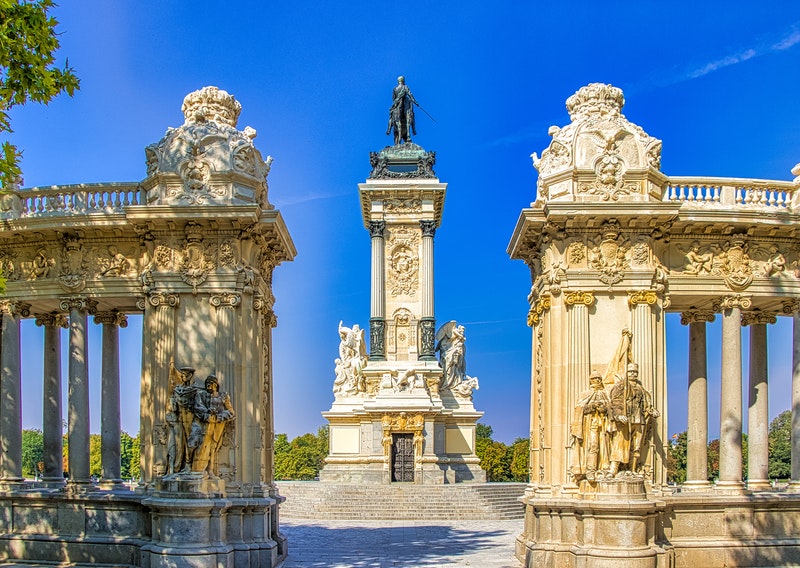 Segovia
Segovia
Let’s start our list with Segovia, perhaps the most popular day trips from Madrid for tourists and native Spaniards themselves.
How to Get There:
Situated roughly an hour and a half northwest of Madrid, you’ll want to head to Segovia by bus. You’ll need to go to the Moncloa subway station, located west of the city center, to find the bus station.
It’s highly recommended you purchase a ticket ahead of time to avoid any long lines. Recently, the buses to Segovia went a bit of an overhaul and the only company that runs the trip is Avanzabus. Buses run roughly every hour and a roundtrip ticket is just under 9 euros.
The buses do make a few stops in the city before arriving at the bus station but don’t get out. Wait until you get to the bus station as this will put you close to all the monuments and things you want to see.
From there, you’ll be right next to Segovia’s most famous monument: the aqueduct.
What to See:
The aqueduct of Segovia is the best-preserved aqueduct in the world outside of Italy. The Romans had a pretty strong foothold in Spain and it shows with this amazing aqueduct! Right under the aqueduct is the visitor’s center where they will hand out maps, recommend places to eat, and give some handy tips for your stay in Segovia.
Besides the aqueduct, you’re going to want to make sure and visit El Alcázar which is located north of the city. This stronghold was where King Ferdinand and Queen Isabella gave two thumbs up to Christopher Columbus for his voyage across the ocean blue.
It wouldn’t be one of the best day trips from Madrid without sights of medieval weapons, dress, and more inside the castle! General admission is 11.50 which includes a visit to the top of the tower. It’s 4.50 for students and retirees.
From there, make your way back through the city to the San Miguel Cathedral, which you passed on the way. It’s just 3 euros to enter and it’s pretty spectacular to see something so pristine in a place so small.
Where to Eat:
Segovia isn’t exactly a small pueblo but isn’t a city, so there are plenty of options for eating but you can still get that local feel.
You can’t come to Segovia without trying cochinillo, or suckling pig. While almost every restaurant serves the local dish, you might want to try visiting El Meson de Candido, one of Spain’s oldest and most famous restaurants. It’s been a family-owned restaurant for hundreds of years and is still serving guests today!
If you can’t get in there, head to El Bernardino. You’ll be able to get a “menu of the day” and try cochinillo, a special dish called judías de la granja, and the famous desert ponche. It’s impossible to leave hungry.
Avila
Avila comes next on our recommendations of day trips from Madrid, because of its proximity to Segovia. Those trying to cram trips together can see Segovia and Avila in back to back days, as the two cities are about 45 minutes apart by bus.
How to Get There:
Choo-choo! The best way to get to Avila from Madrid is by train. You’ll have two options for the departing station; either Principe Pio in the southwest part of the city or Chamartín, located in the north of the city.
Trains leaving from Charmartín are regional trains and will take almost two hours while trains leaving from Principe Pio will make fewer stops and take around one and a half hours to arrive. Depending on which station you leave from, tickets can range anywhere from 8-10 euros.
The train station is north of the city center, so be prepared for a 10-15 minute walk before you get to the main district.
What to See:
Avila is a small town that still has plenty of medieval influence. It’s hard to miss by the giant wall surrounding the town, called the Muralla de Avila.
In fact, the walls are a UNESCO heritage site and are roughly a mile and a half long. A ticket is just five euros and visiting times range greatly based on the time of year, so make sure you check the schedule ahead of time.
Another top place for visitors is the Monasterio de Santo Tomas which is just outside the town. A ticket is just 4 euros and includes an audio guide.
Lastly, you’ll want to make sure you stop at the Mirador de los Cuatro Postes. This monument was built over 400 years ago and still stands today. Pilgrims making their trek to the hermitage of San Leonardo used these pillars as a marker and a resting place. Now, it provides an incredible view.
The view is great during the day, but really makes its money at night. You’ll want to head out way before sunset, as plenty of other people will have the same idea.
Where to Eat:
If you’re a meat-lover, then you’ve chosen one of the greatest day trips from Madrid (and the right country, really). Two of Avila’s most popular dishes are here for you to unleash your inner carnivore.
You’ll have to make sure and try the chuletón, or as locals call it, el chuletón de Ávila. This behemoth can weigh up to two pounds (!) but we won’t judge if you go with a smaller portion.
In addition, you have to try patatas revolconas. It’s a mix of mashed potatoes, pepper, and fried torreznos mixed together. You’ve got a bit of a crunch and soft texture mixed together.
But where to go to try these two dishes? Similar to Segovia, you’re going to find plenty of places pushing these two dishes but one of the best restaurants in the area is La Lumbre. Situated right in the middle of the city, it’s perfect for a stop to eat after walking around the wall all day.
Toledo
Let’s head south of Madrid and take a look at one of Spain’s former capitals, the city of Toledo, as one of favorite day trips from Madrid.
How to Get There:
The easiest way to get to Toledo is to head to the Plaza Eliptica bus and subway station, located south of the city.
The bus station is on the bottom floor and tickets can either be purchased ahead of time or at the station itself. A round trip ticket is 10 euros.
The bus ride is about an hour and the bus station in Toledo is located south of the city, so you’ll have to walk for about 10-15 minutes before you reach the historical center. If you don’t feel like walking, you can take a taxi.
What to See:
Toledo is full of winding streets and steep climbs, so be prepared to feel a bit lost at times. The ideal place to start is the Plaza de Zocodover (say that five times fast) which is a good central point in the city.
If you’re one for views, head to El Alcázar de Toledo. You can learn plenty about Toledo’s history and culture before waiting to take an elevator to the top of the tower and see all around the city. For those scared of heights, you can walk around the building to look at the vantage point called the Mirador del Alcázar for some spectacular views.
This building also houses the army museum and is three levels of history nerd heaven. Inside, you’ll find replicas of Spanish armor as well as large-scale models depicting ancient battles.
Down the road from the Alcázar is the Cathedral of Toledo. Tickets are a bit pricey, 11 euros, and the cathedral is open from 10 AM to 6:30 PM every week.
When you decide to leave, make sure and take the route through the south of the city that will take you through La Puerta de Bisagra. The city’s ancient gate has plenty of Arabic influence and it makes for some fantastic pictures as well to cap off your day.
Where to Eat:
While Toledo may not have the gastronomical recognition that Segovia has, there are still plenty of fantastic places to eat.
One of the top spots is La Fabrica de Harinas, located on the southwest side of the city. You might have to walk a bit to reach it, but the food is well worth it. The atmosphere at the restaurant is fantastic, as the restaurant is inside an old flour factory.
If you’re looking to taste something Spanish, make sure you give solomillo a try. The grilled beef is served with its own sauce and usually with a bed of potatoes.
Lastly, you have to make sure you try marzipan, a small dessert that has become incredibly popular in Toledo. The best place to get marzipan is in the Plaza Zocodover, where there are too many pastry shops to count.
El Escorial
El Escorial is perfect for those who don’t have a lot of time on their hands and want to squeeze in one of these day trips from Madrid before the end of their trip.
How to Get There:
Getting to El Escorial is very easy and those in Madrid have multiple options. You can either take the C3 or the C8 trains from Atocha, Puerta del Sol, or Chamartín. Atocha is in the southern part of the city, Sol right in the middle, and Charmatín in the north.
A ticket is just 3 euros but make sure you keep it with you as you will also have to scan it when departing the train station in El Escorial. The ride takes about an hour and you’ll get to enjoy plenty of countryside views along the way.
If you want a special adventure, you can also buy a ticket to El Escorial at Principe Pio, situated in the southwest corner of the city. You’ll get to ride out on a 20th-century locomotive (no word if they will require you to shovel coal).
What to See:
Those going to El Escorial are making their one to one monument: the Monasterio de El Escorial. If you’ve got poor eyesight, don’t worry, the monastery is massive.
This UNESCO site opens its doors Tuesday to Sunday between 10 AM and 8 PM. A ticket is 12 euros and you should plan on spending around three hours walking through the monastery.
It’s full of artwork, historical items, and much more. It’s recommended to take an audio guide with you, which is just 4 euros more, to get the full experience.
For those that have a bit more time on their hands, you’re going to want to check out El Valle de los Caidos where Spanish dictator Fransico Franco was buried (his remains were actually just removed). The site is quite controversial because of its lavish exterior that’s dedicated to someone that caused pain for millions of Spaniards.
Where to Eat:
El Escorial isn’t filled with wonderful restaurants or must-eat food. So, if you can wait, it might be better to head back to Madrid.
If you’re really hungry, however, La Rueda is a typical Spanish food restaurant with a bit of everything. They serve cochinillo and some other dishes that you can find around Spain.
Once again, there’s nothing too special to eat here so you might be better off grabbing a quick snack and saving your money for some place else.

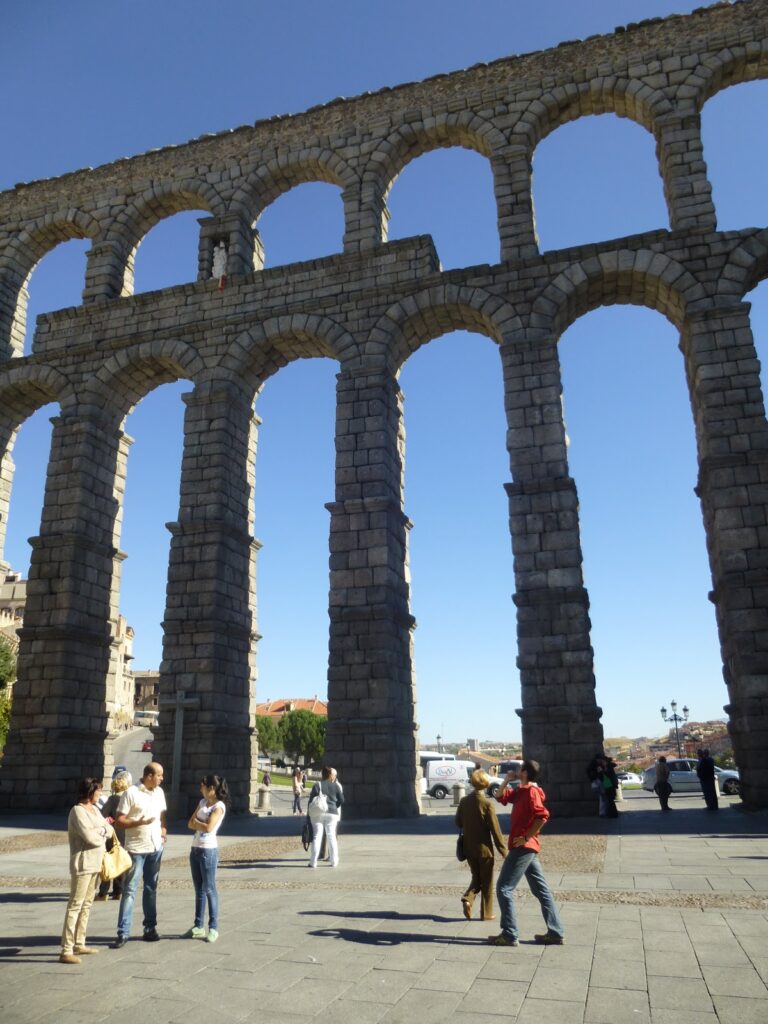
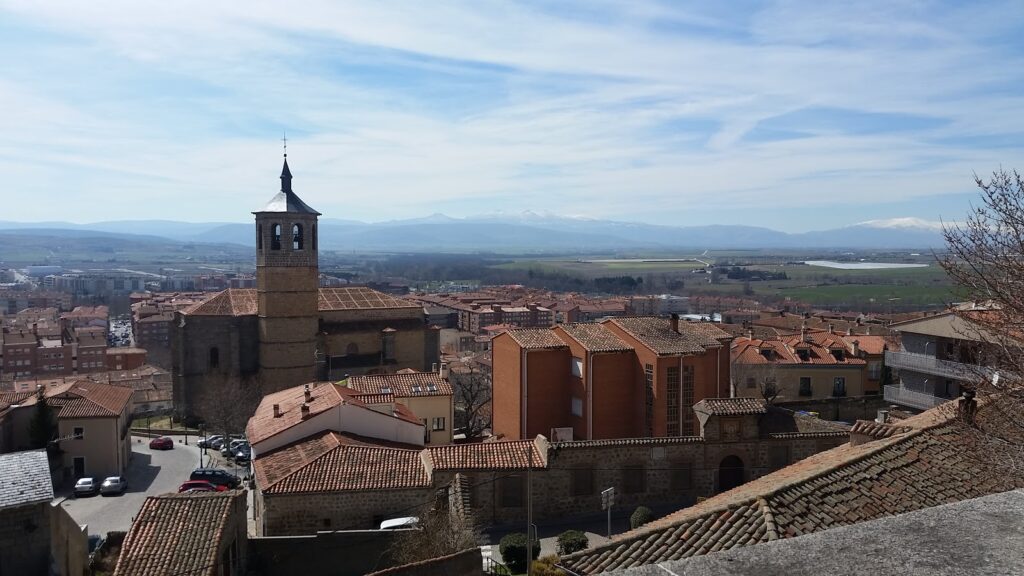
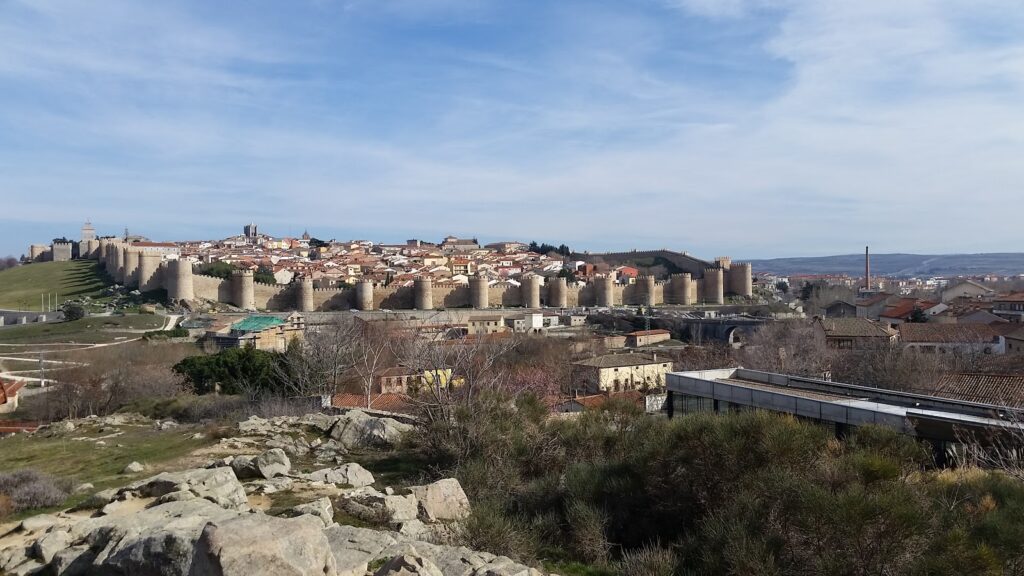

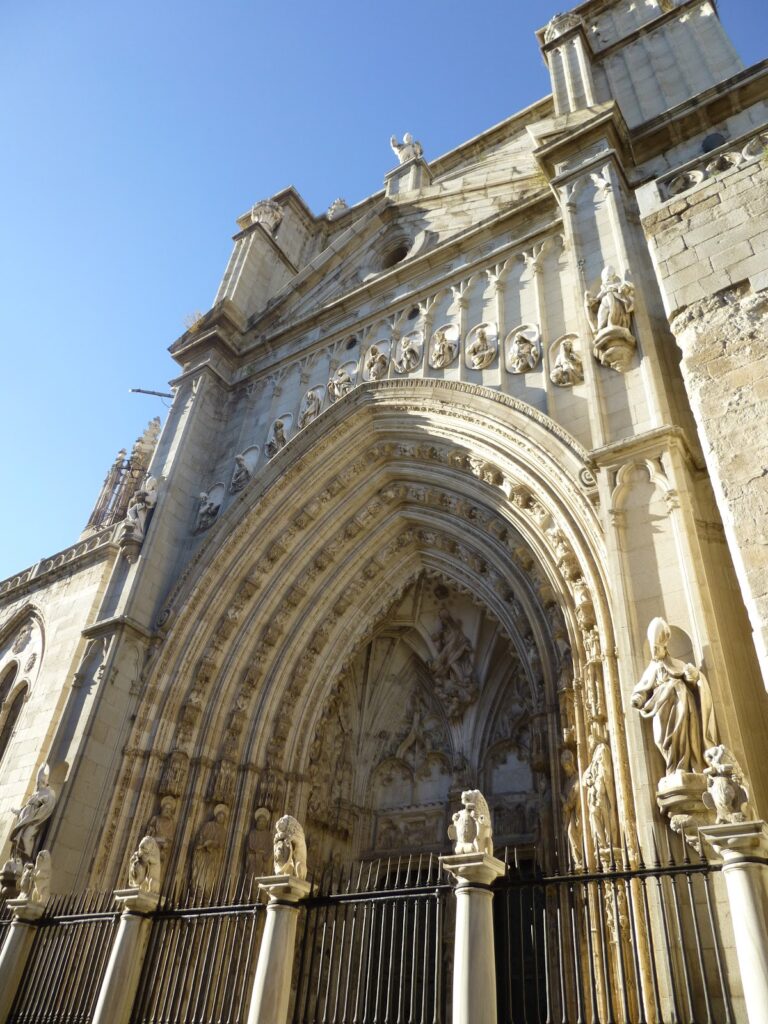
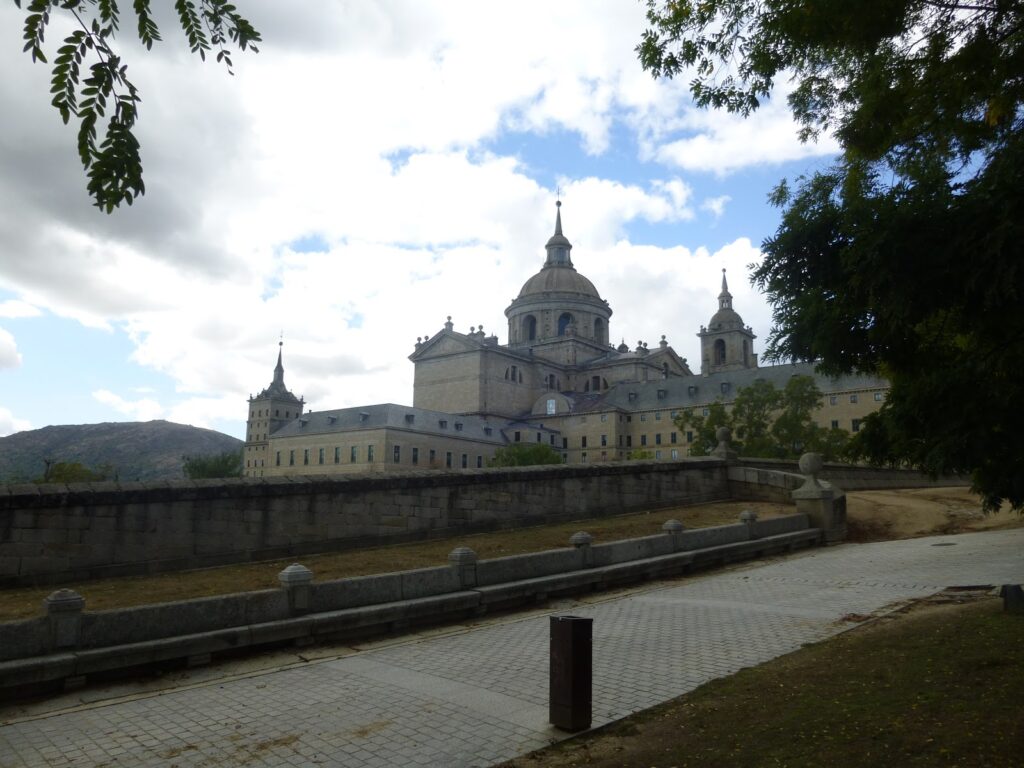
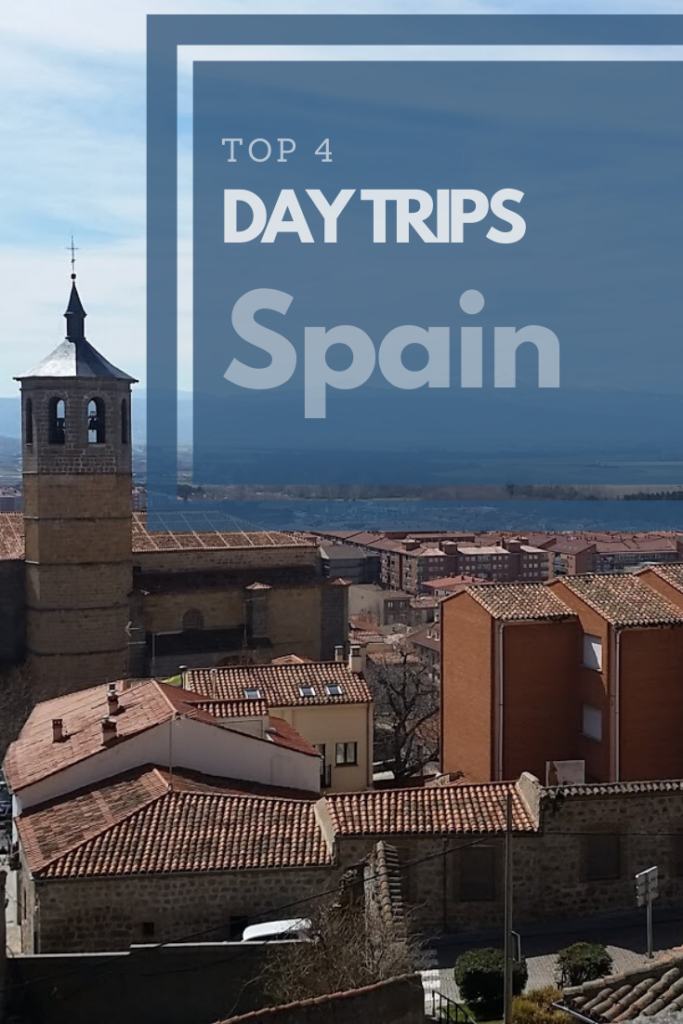



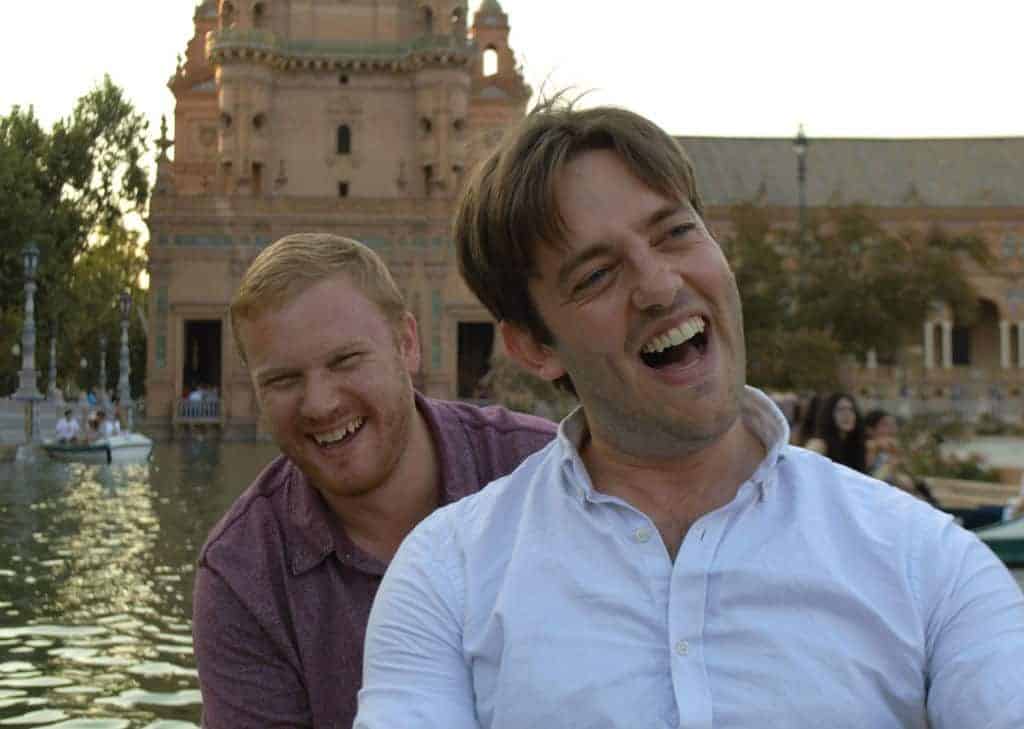
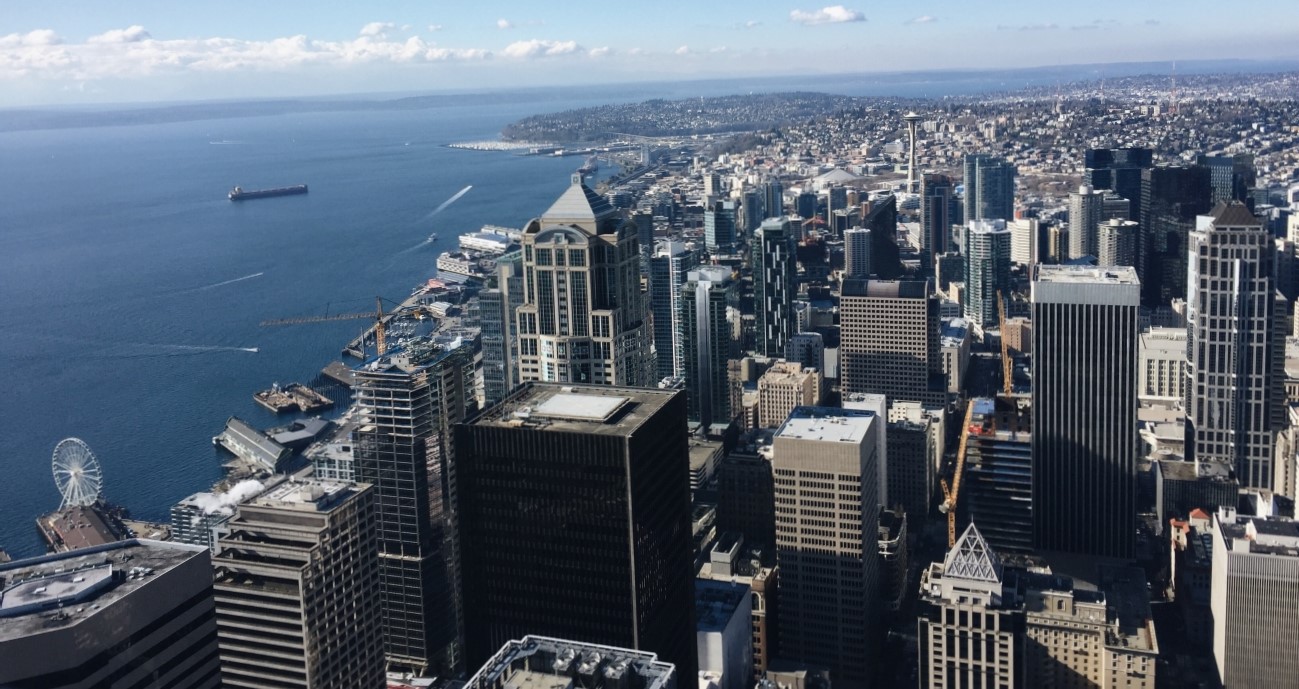





















I enjoyed reading this blog. I am in love with these beautiful photographs. Thanks for sharing your experience.